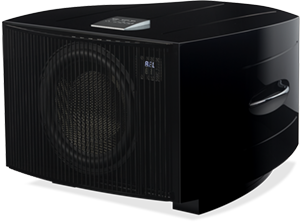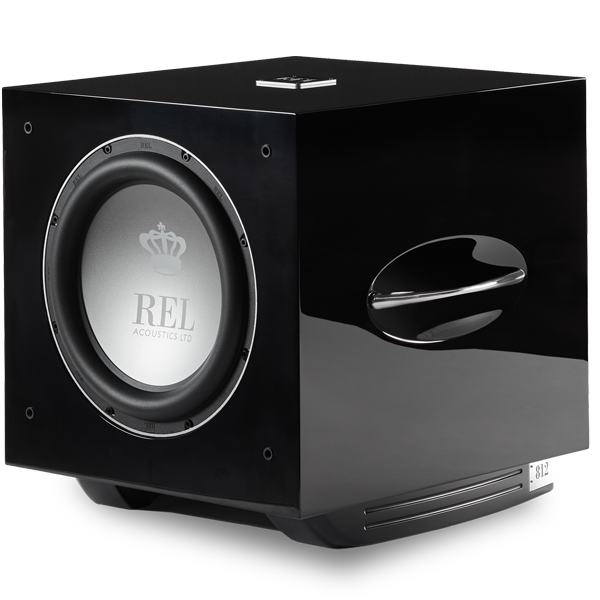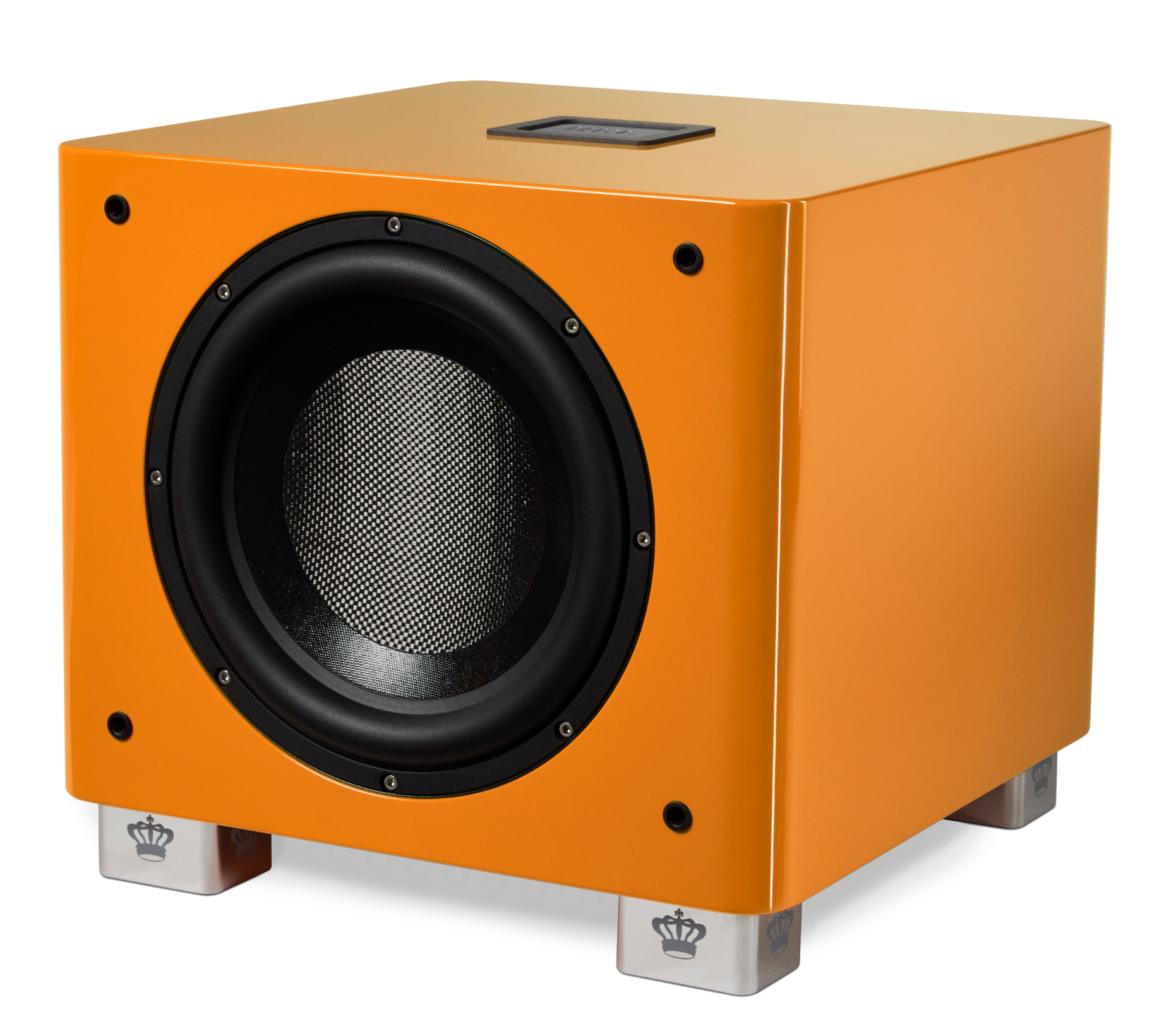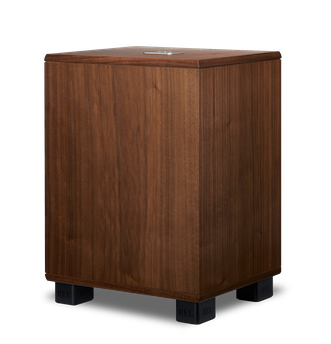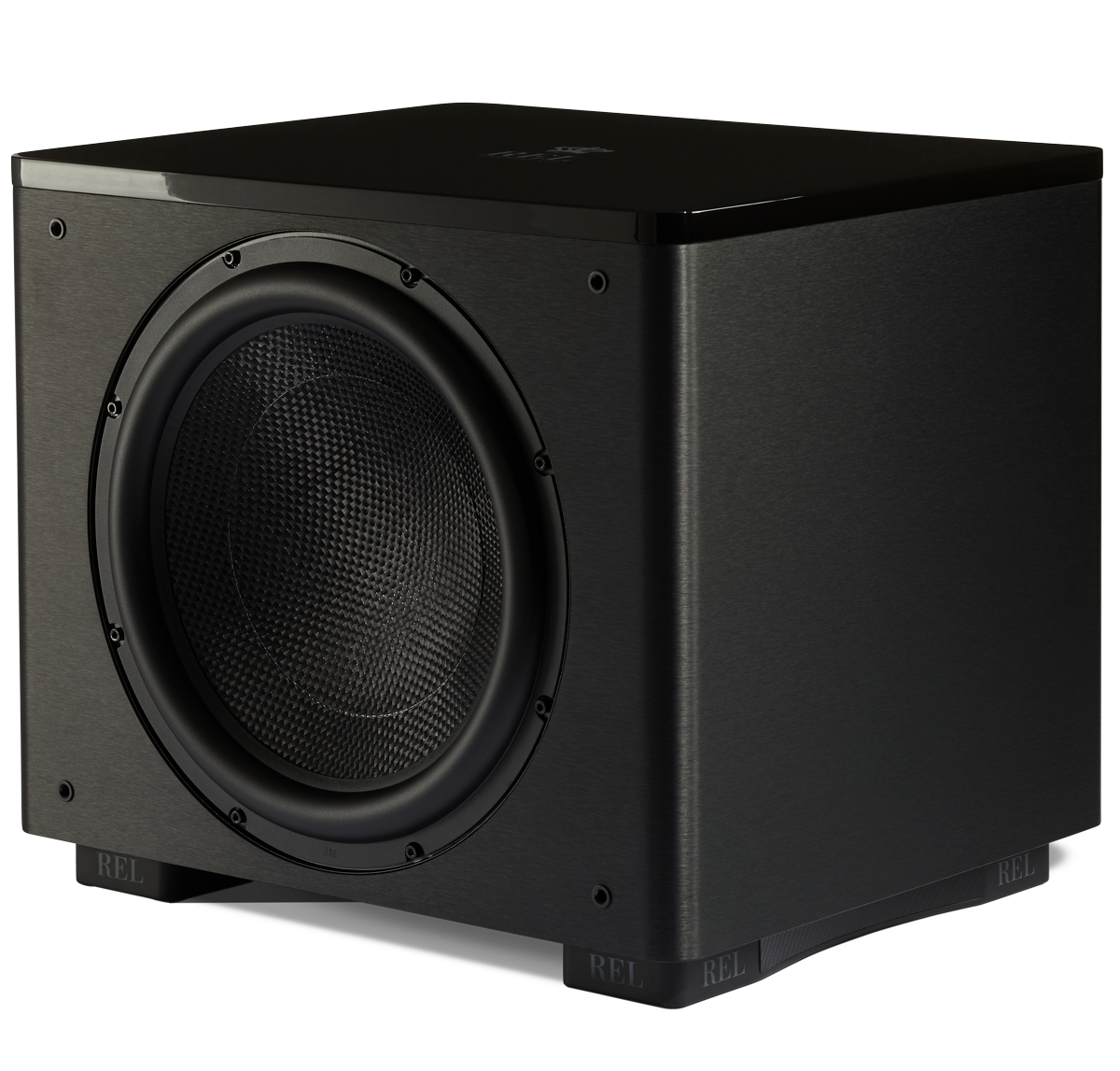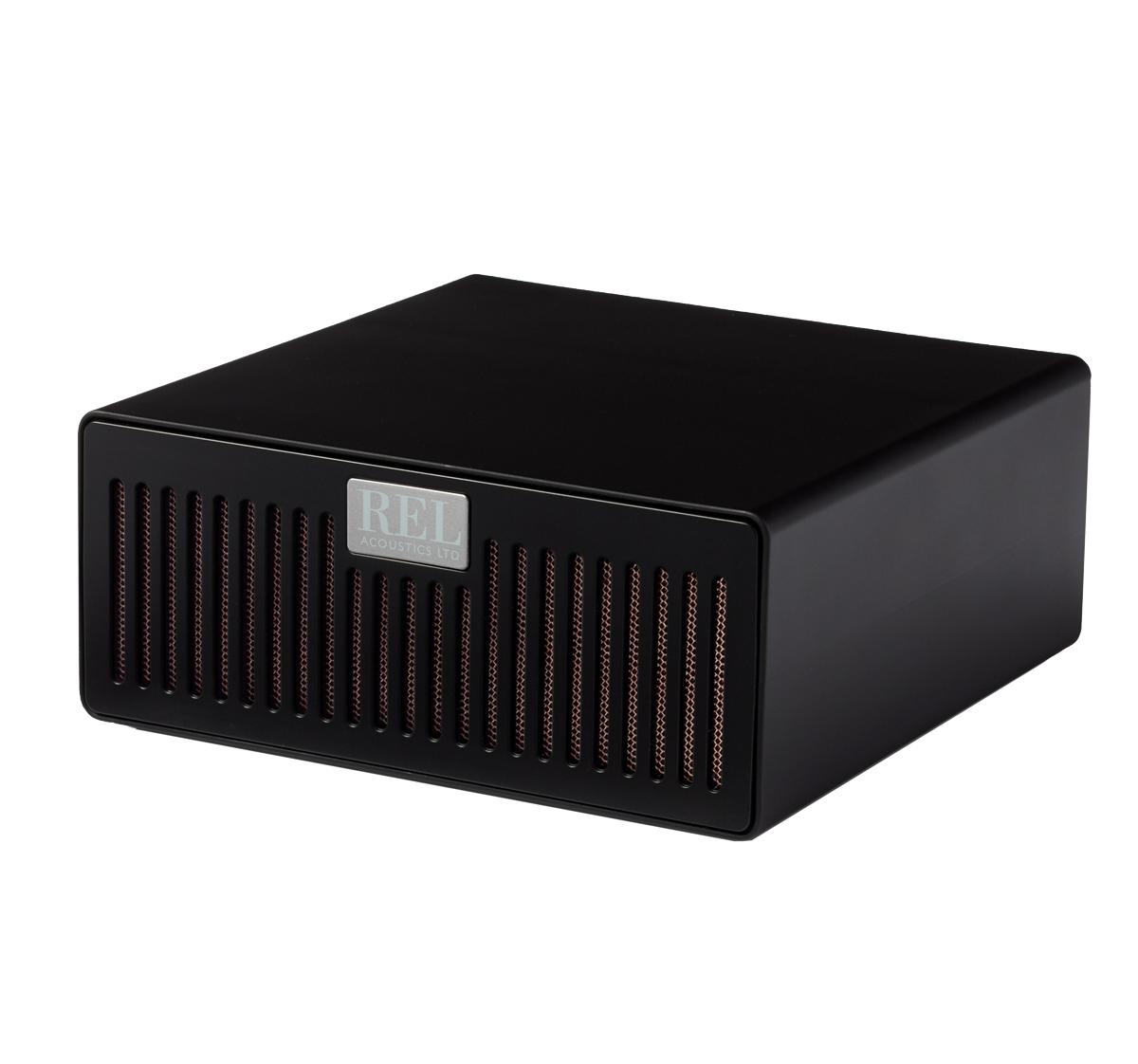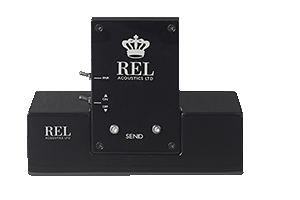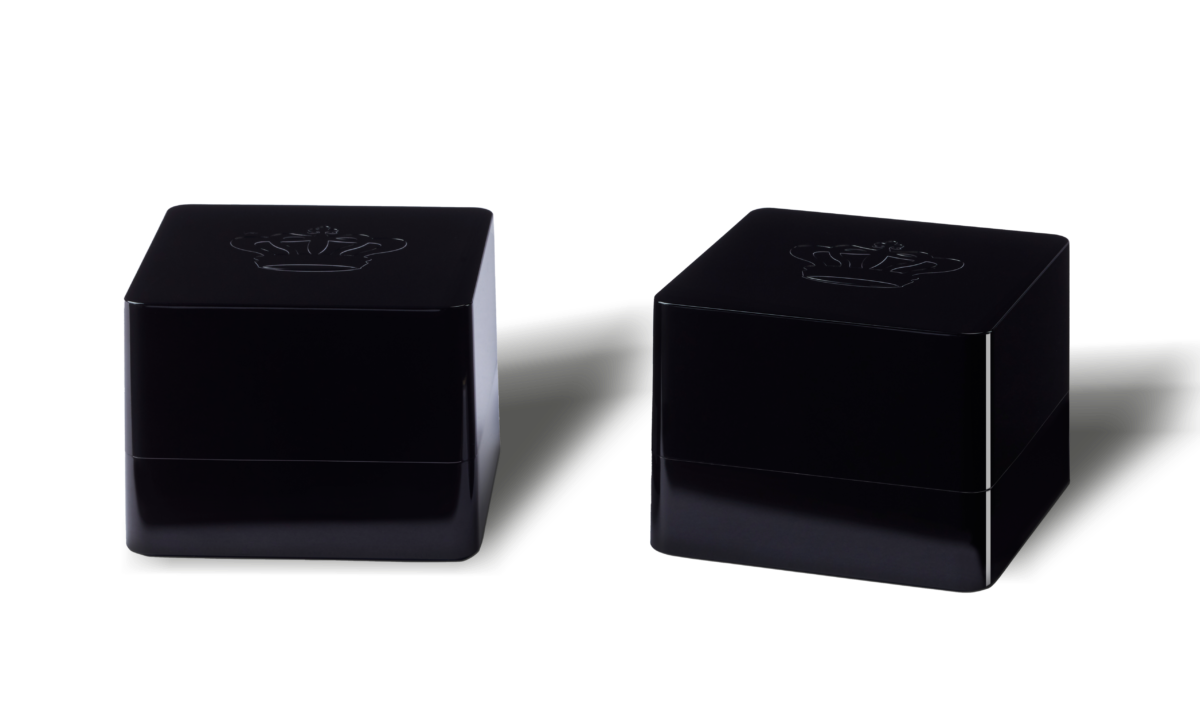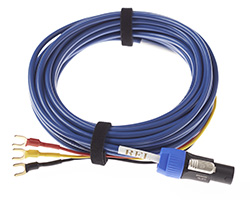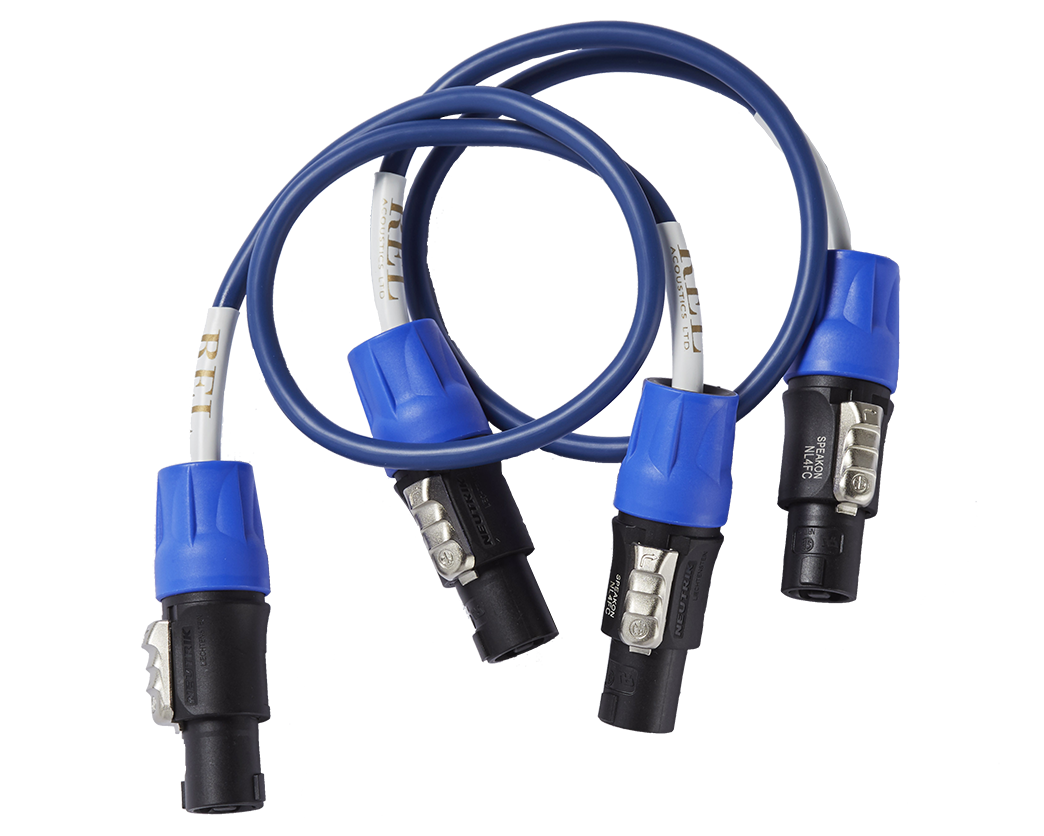Blog
Why do REL back panels look different compared to most subwoofers?
Take a look at it sometime because it is a manufacturer’s statement of quality. Flip a sub around and take a look at the quality that got invested in that product. It is immediately evident. It takes two seconds and you’ll flip a REL around and go, oh my goodness, I don’t even know what half of this stuff is, but they’re clearly really serious about it.
[00:30]
Most amplifiers have a rear panel that’s casually referred to as a plate amplifier, which I hate. It is really the most efficient way to attach an amplifier to a cabinet. when we start laying out those back panels, when we lay out each control, we’re thinking about the ergonomics.
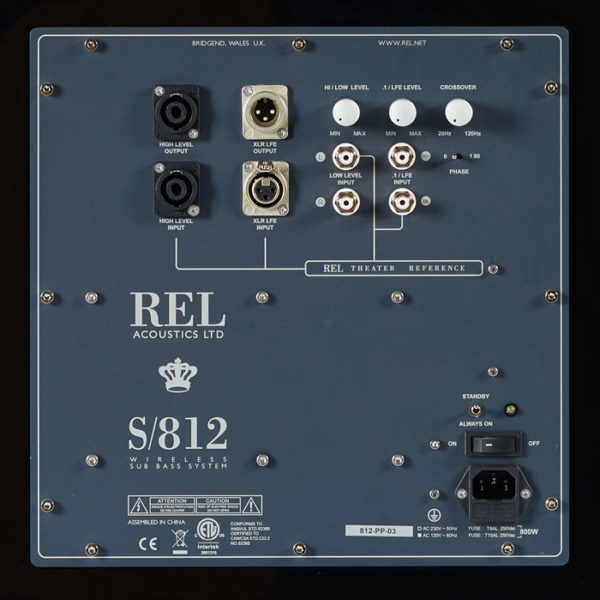
There’s a reason we have 40 decrements, 40 clicks on each one of our T/I’s. S, the back panel of G1 Mark II. Those decrements give you physical feedback. When you get done, If you’re wondering, gosh, was this correct? You can count them down and go, I was up 16 clicks. They’re positive, they’re assertive.
[01:00]
It’s part of the feedback loop for you to understand what your unit is doing. When you interact with a piece, it tells you how serious a company is. If it’s a generic black powder coat with nothing. There’s a couple of crappy connectors on the back that if you plugged a decent RCA in one or two times, the thing would likely come out. The third time you pulled it out.
[01:30]
It’s a statement of quality. Naturally, we’ve got a completely different connectivity suite. We’ve got the Speakons, sometimes ins and outs if they’re supposed to be stackable. We’ve got .1 differentiated from the low level. In some cases, stereo low level connections. We’ve got balanced differential inputs. We’ve got a ton of connectivity that is unique to the way that we research and understand bass to be done optimally.

